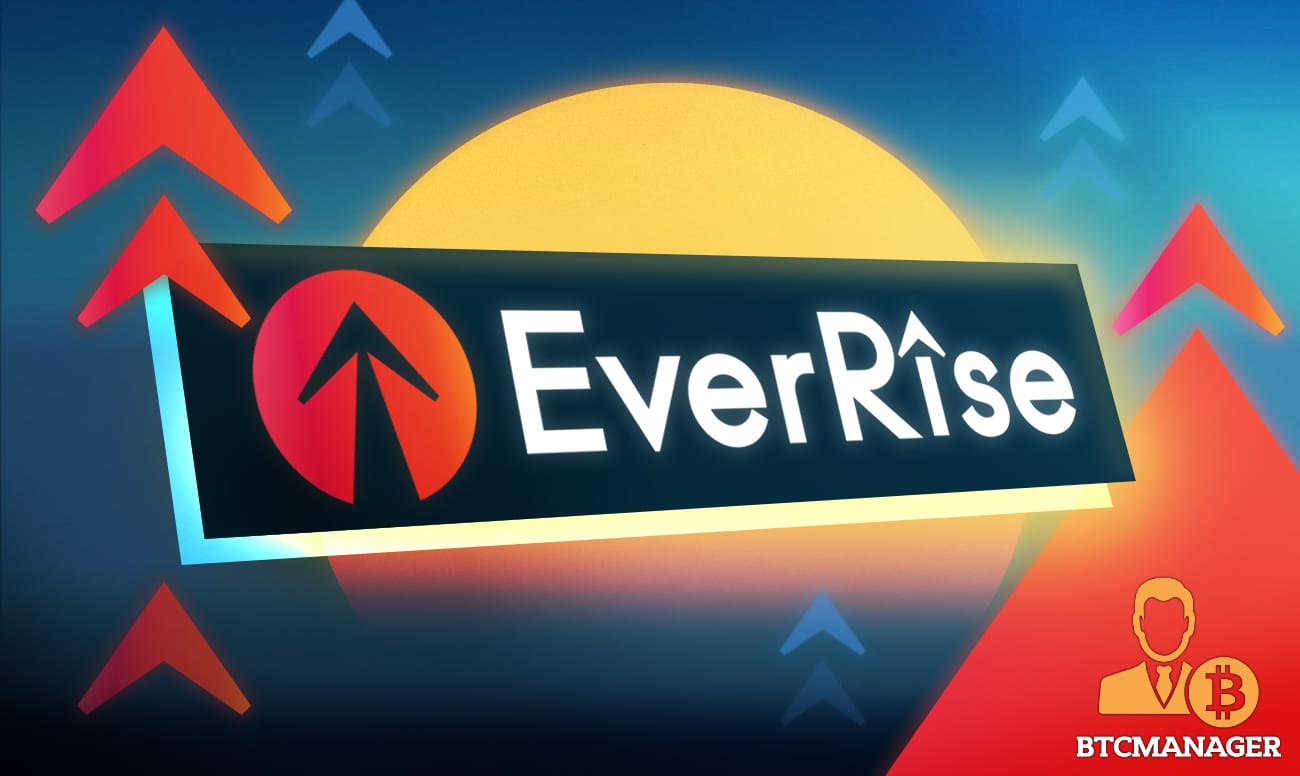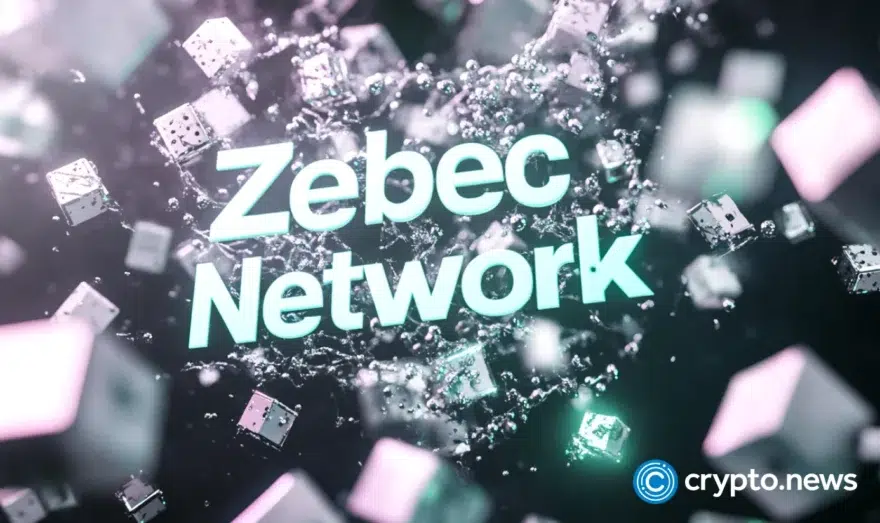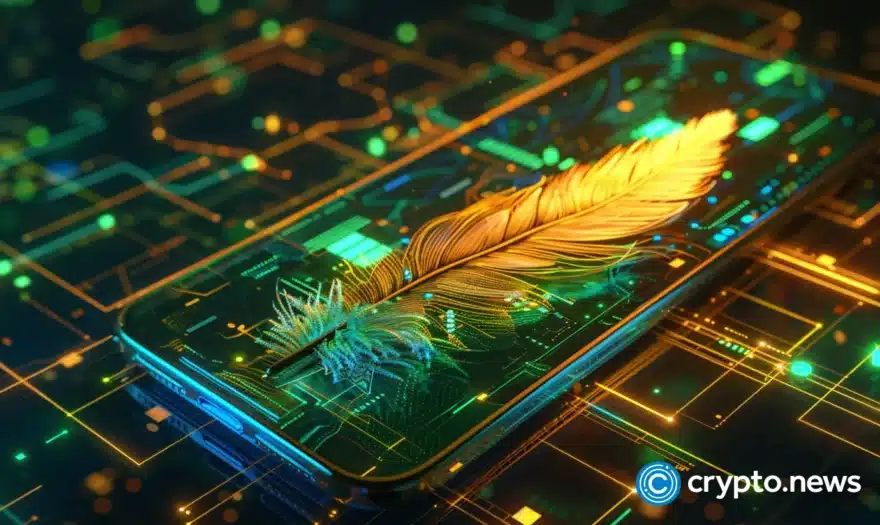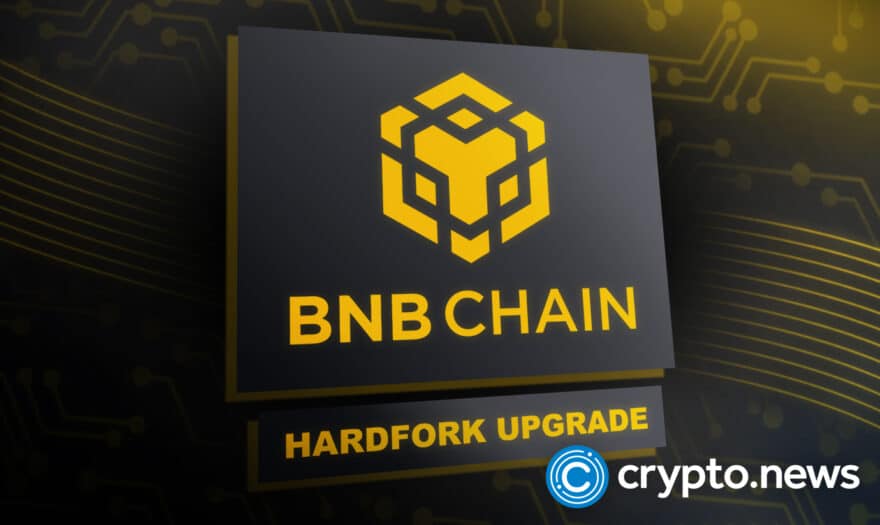What Are Hyper-Deflationary Tokens and How to Trade Them Effectively?

With the inception of blockchain technology, a lot of its subcomponents and use-cases came into existence. One of them is the emergence of a new field of economics in the blockchain space, called “token economy” or “tokenomics”. This refers to how encrypted tokens or crypto assets have value and interact with each other in the ecosystem.
Many cryptocurrency startups are creating their own crypto assets or tokens and using traditional economic theories to plan their new blockchain economy and how to manage the value of tokens. There are many different token models, many of which have unique mechanisms and characteristics. Despite this change, almost all token models usually fall into one of two categories: inflationary and deflationary models.
What is an inflationary token model?
Inflationary tokens are printed continuously and there is no limit to the number of tokens you can make. There are many variations on inflationary token models, some of which limit the generation of tokens annually, and some are based on a perpetual set schedule. This model is similar to fiat currency, but more efficient and transparent because the decentralized code and community define the token model, not the centralized entity.
To overcome the problems of an inflationary token model, a new token model comes into play i.e Deflationary Token Model.
What is a deflationary token model?
If the total circulating supply of tokens continues to decrease to a predetermined amount, then we call that token a deflationary token. This reduction in the supply of tokens can be accomplished in a variety of ways: buyback and token burn. The main benefit of such models is that they restrict the market from being swamped with too many tokens as creators mine, create, or sell more tokens. Bitcoin sets the industry standard for the deflationary token model. In this model, a certain number of tokens will be created, and the limit will never be adjusted upwards. This creates a deflationary currency, even if demand increases, supply will not.
Hyper-Deflationary Tokens
Hyperdeflation in theoretical terms is more or less similar to deflation, and there is no specific measure of the difference between it and deflation.
The cryptoverse is witnessing the rise of a new trend and new model in tokenomics. With the increase in demand, more and more projects are introducing Hyper-deflationary token mechanisms to incentivize their holders. To simplify , Hyper-deflationary tokens are designed to be highly deflationary. This is achieved through a token contract by burning a certain percentage of tokens on each transfer.
EverRise: The perfect fusion of Hyper-deflationary and Automatic Burn and Buyback
EverRise is a proprietary, hyper deflationary token that not only rewards token holders through static rewards but also by true automatic burns every trade from within the liquidity pool. EverRise is the first-ever cryptocurrency to introduce automatic Buyback which was only limited to the stock market.
The unique concept of EverRise allows the smart contract to automatically trigger buybacks and burns after every sale. For those who don’t know what BuyBack is, here’s a simple explanation: when a company buys issued shares to reduce the number of shares available on the open market, it is termed as Buyback. In the stock market, when a company buys back its shares from the existing shareholders usually at a price higher than the market price. Thus, this practice is to increase the value of tokens and encourage holders to keep holding given the continuous rise in the price as the effect of buyback. In EverRise, Buy-back contracts automatically collect a 6% buyback tax on each transaction, which is stored inside the contract. The contract triggers buyback when a sale happens and a portion of the buyback amount is used to automatically purchase tokens from the liquidity pool.
Unique Features of EverRise
1) Value Increase
Once the liquidity pool tokens are purchased, a new BNB is added to the pool and the number of tokens is reduced, causing the price to rise.
2) Free BNB
When tokens are burned, it is equivalent to adding free BNB to the pool as there are no tokens to sell in the future.
3) Holders Rewards
When a transaction is executed, 2% in rewards will be redistributed to the holders.
These are some of the benefits of EverRise, however, the list goes on with so many more by-default functionalities designed to incentivize the community, holders, and project itself.















